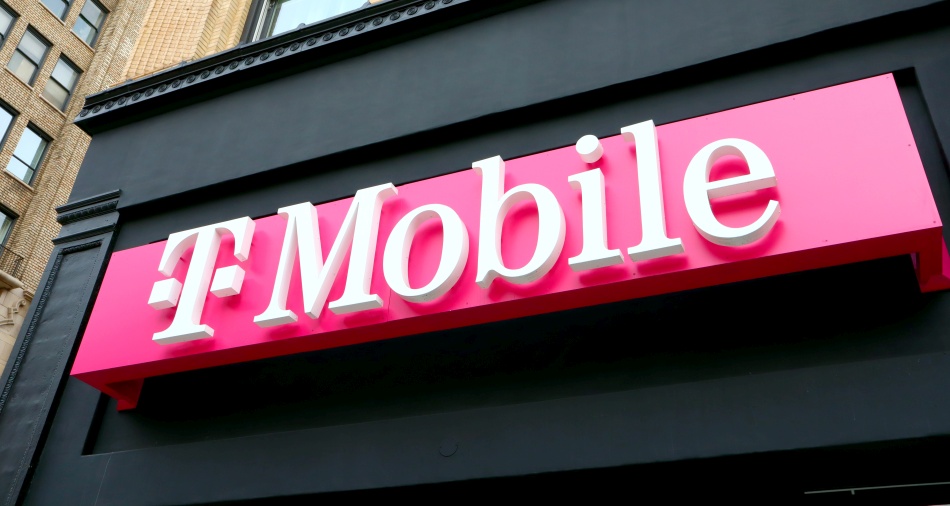
T-Mobile says it successfully intercepted a cyberattack targeting its edge-routing infrastructure before any customer data could be accessed. The attack, linked to reconnaissance activity aiming for deeper network layers, was stopped before reaching customer devices, showcasing the effectiveness of T-Mobile’s detection protocols.
Headquartered in Bellevue, Washington, T-Mobile is a leading wireless provider serving over 100 million customers in the U.S. Known for its extensive 5G network, the company has faced cybersecurity challenges in the past, including a significant breach in 2021 that exposed data from millions of customers. However, the rapid response to this latest incident reflects an improvement in its security capabilities.
Incident details
Hackers gained unauthorized access to a T-Mobile-owned router and attempted to breach deeper network levels. Once the suspicious activity was identified, T-Mobile acted swiftly, removing the hackers and neutralizing their access point. Sources familiar with the matter confirmed to Bloomberg that T-Mobile was confident the vulnerability was eliminated.
The breach bore similarities to recent attacks by Salt Typhoon, a Chinese state-sponsored hacking group implicated in espionage campaigns targeting U.S. telecommunications. However, T-Mobile has not directly attributed the attack to any group, and the exact timing of the intrusion remains undisclosed.
This incident aligns with recent warnings by U.S. officials about large-scale cyber-espionage campaigns attributed to Chinese hackers. Such campaigns, as noted by the FBI and CISA in a November 14 joint report, have compromised several telecom providers, including AT&T and Verizon. These operations have exposed sensitive call records and communications, particularly affecting individuals in governmental and political roles.
The Salt Typhoon campaign reportedly targeted high-profile figures such as Vice President Kamala Harris and President-elect Donald Trump, underscoring the strategic nature of these operations. The attackers exploited telecom infrastructure to gather intelligence, highlighting vulnerabilities within critical U.S. communication systems.
Threat actors targeting telecom firms
The thwarted T-Mobile breach comes amid a rise in innovative phishing campaigns targeting the telecom and financial sectors. An EclecticIQ report highlights attackers leveraging trusted platforms like Google Docs and Weebly to host phishing pages mimicking telecom services such as AT&T. These campaigns include advanced multi-factor authentication (MFA) bypass techniques, tailored phishing lures, and the use of tracking tools to refine operations.
Attackers have increasingly turned to SIM-swapping schemes and dynamic DNS to maintain persistence. These tactics mirror broader efforts to exploit telecom infrastructure for espionage, fraud, and surveillance.







Leave a Reply